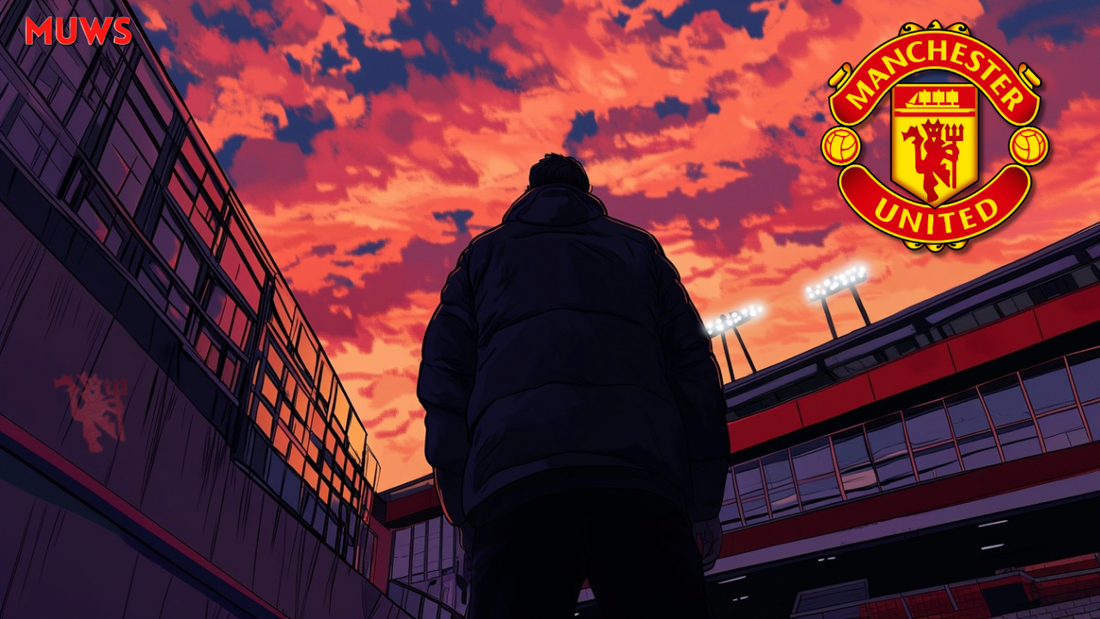
Amorim’s Tactical Evolution: Balancing Philosophy and Practicality
Share
Manchester United’s tactical evolution under Ruben Amorim promises a shift from reactive play to a proactive, philosophy-driven approach, but it raises crucial questions about balancing long-term vision with short-term practicality.
Amorim’s vision for transitioning from reactive football to a proactive, system-driven game model is bold and commendable. His approach aims to reduce dependency on individual players by fostering a pattern-based style of play. The goal is clear: to dominate possession not only for attacking opportunities but also to exert control defensively. This involves intricate tactics like deep build-up, baiting opponents, rotations, and third-man runs to dismantle defensive blocks. Equally important is developing progressive patterns across central and wide areas while maintaining pressure in the final third.
However, this transformation is not an overnight task. It will require plenty of time coaching at Carrington, a revamp of the current squad, and full pre-seasons to refine the approach. Joining midway through a season was always going to be tough for Amorim. Getting his idea across will take time but Sir Jim Ratcliffe and INEOS are clearly thinking long term in their appointment. Short term pain for long term gain is the overarching strategy and fans must be realistic but also optimistic they have the right man. Erik Ten Hag was criticised by fans and pundits alike for not possessing a certain ‘style of play’ but Amorim unquestionably a clear game model and philosophy. The early signs are promising despite results. Possession has improved and Manchester United are limiting the opposition to lower quality chances from open play. Despite the long-term promise, there is however an immediate challenge in balancing philosophy with its practical implementation.
One concern is whether Amorim’s reliance on wingbacks and a back-three formation is essential to achieving his principles. The current squad lacks natural wingbacks, and the back three has exacerbated existing midfield imbalances. Mazraoui and Dalot are not used to the wingback role and United have not yet recorded a goal any time they have both started. Additionally, the centre backs at Amorim’s disposal don’t quite have the right balance of ability on the ball, awareness of pressing triggers and defending the channels when required. Introducing this system without adequate time for preparation, particularly with a team already struggling for confidence, raises questions. Is it necessary to force these tactical elements now, or could they evolve more naturally over time?
Critics often oversimplify by blaming the back-three system for tactical issues without appreciating the broader context. However, that critique underscores a critical point: the transformation Amorim envisions must go beyond formations. It’s the gameplay enabled by the system that matters most.
This brings us to the question of compromises. Should Amorim adjust his immediate tactics to accommodate his current squad and build towards his long-term vision? Can United afford to continue to lose games whilst they adapt to the new philosophy? There’s undoubtedly value in short-term adaptability, but it must not dilute the core principles of his philosophy. Striking this balance is crucial.
At the same time, excessive compromises risk falling into a results-driven pragmatism devoid of identity—a scenario the team cannot afford to revisit. Amorim faces a delicate balancing act, navigating between staying true to his vision and managing the realities of the present. Following the defeat to Newcastle, Amorim almost certainly ruled out any potential change of tactics by claiming “I have to sell my idea because I do not have another one.”
It’s an intricate, messy situation. Results have been catastrophic and United’s position in the bottom half of Premier League (14th) has even led to talks of a potential relegation. Something unfathomable for a club like Manchester United. As the saying goes, it is usually darkest before the dawn and Amorim presented some words of hope to the fans, “This period will not last forever. When I took this job, I knew that I was signing up for a lot of work.”
With patience, clarity, and measured adjustments, this journey under Amorim could redefine the team’s identity for years to come. The key lies in maintaining the bigger picture while addressing immediate challenges. Starting with stopping the rot of losing games. Amorim has an idea. Trust it.
